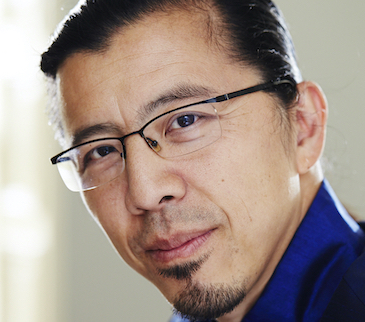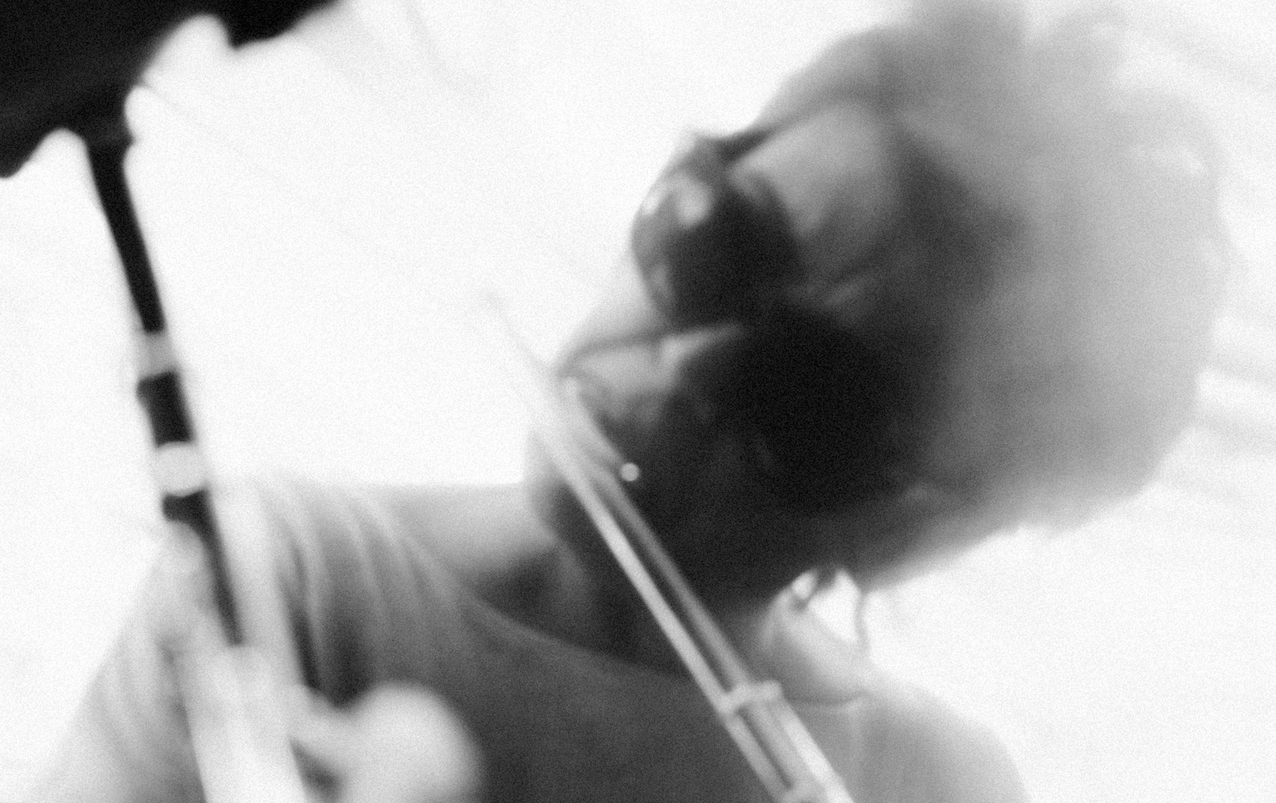Back in 2003, right before graduating Berklee, I took a few private flute lessons with accomplished classical flute players in New York City. “You should listen to more recordings of Mozart,” suggested Robert Langevin with a smile. I bet I was “swinging” the Mozart flute concerto without even noticing. No surprise there – Berklee was very intense, and for two years my brain had been exposed to listening, thinking and playing jazz 24 hours a day. Even though I had had a few gigs and solo recitals with a classical and contemporary flute repertoire in the US and Canada, my reason for coming to America had been to “define” jazz for myself.
I like to think of our brain as a computer. It’s really up to us to control what we download or erase in our “brain computer.” If you download a program in which jazz and classical music are completely different worlds, then that’s the program you are going to live with. But if you download a program in which music is music and you use your ears to learn, appreciate, and play different styles of music – written or improvised – then we don’t even need to ask this question: Is playing jazz compatible with playing classical music?
It’s really up to each musician to decide what mindset to choose.
If we look at music performance as a completely subjective phenomenon, we have just two options with any style of music: either it moves you and you like it, or it doesn’t and you don’t like it. Simple.
In contrast, you will typically be judged by objective criteria of music performance (articulation, intonation, phrasing, technique, sound quality, vibrato, dynamics, concepts of expression, zillions of sophisticated nuances of classical tradition, jazz vocabulary, etc.). “Judges” and “experts” will express their opinions on your performance, possibly helping or hurting your performance career. So, the more styles of music you perform, the more “expert” opinions you will get. Interestingly, even if an expert has a perfect pitch, the perception of certain pitches can be slightly sharp or flat.
In America I learned about a book by Nicolas Slonimsky entitled Lexicon of Musical Invective: Critical Assaults on Composers Since Beethoven’s Time. It’s a very entertaining book, and it might lift your spirit on days when you are overwhelmed by expert opinions.
In reality, the most important judges are your own ears and heart.
As a child growing up in the Soviet Union, the only path available to me, if I chose to go to music school, was classical music. If you wanted to play anything else, you would usually have to look for it outside of music school, something I did by playing pop music and traveling around the Soviet Union, and developing improvisation skills by listening and playing.
When I moved to Riga, the capital of Latvia, and got accepted to the Latvian Academy of Music, I decided to get serious. I listened mostly to classical music and practiced up to eight hours a day, I learned a large flute music repertoire. As a result of my hard work, I was busy playing concerts as a soloist, chamber musician and orchestra artist.
But, at the same time, I also collaborated with local jazz musicians and played in jazz clubs, learning the Charlie Parker Omnibook and jazz standards, and practicing jazz patterns. Vibrato gave me headaches, as the jazz “experts” would tell me not to use it, while the classical music “experts” would tell me to not even bother coming to the lesson if I was not playing with vibrato – and most of the time I wasn’t.
I think that musicians who play different styles of music just love music, and don’t really question it, as in: Why?, Should I?, Can I?, Is it OK? They just play – because it’s their lifestyle and their understanding of the world. They are adventurers who are flexible, knowledgeable, and up to the challenge, and capable of adapting to the musical context.
Usually jazz musicians cross to classical music with greater ease than the other way around. Classical musicians find it difficult to “let go” and improvise, as they are used to following written music and being interpreters. Improvisation is a spontaneous composition. Jazz and classical music have a different problem-solving process and concentration level, yet the auditory perception is the same: sounds.
I admit it, it took me a while, as a Latvian-born American flute player, to understand my cultural awareness and clarify where I stand. You need to understand yourself in order to understand what style of music you want to be part of. Eventually you will feel a desire to forget about everything you know and find validation by expressing yourself in your own music. At least, that’s how I feel.

Ilona Kudina
Flutist Ilona Kudina holds a Diploma from Berklee College of Music, and a Master of Music degree from the Latvian Academy of Music. Following her previous CDs “On the Bridge” (2006) and “Amber Flute Quartet” (2010), Ilona’s third CD “Nothing but Illusion” (2011) showcases her jazz flute style. Ilona has participated in numerous projects including recording and performing at jazz festivals in the US and abroad, an international jazz celebration at the UN, classical solo recitals in the US, Canada, and Latvia, performances at the Latvian Embassy in Washington, DC, Boston Symphony Hall, and many other concerts spanning various genres.For many years, Ilona was a member and later president of the Baltic American Society of New England, in Boston, MA. Ilona served as a panelist for the National Endowment for the Arts. She also has more than 20 years of experience as an educator.



Comments are closed.